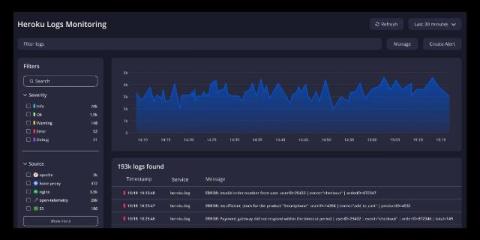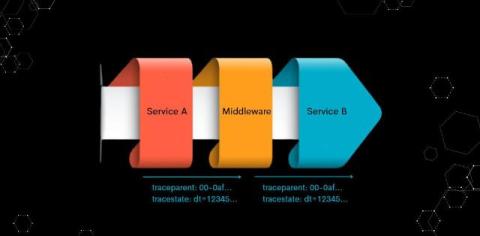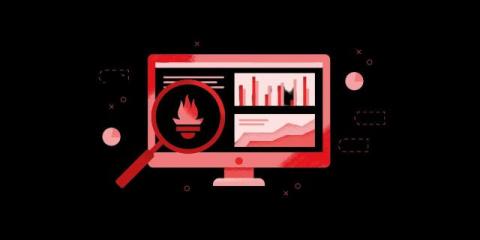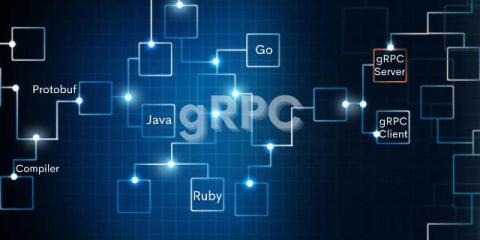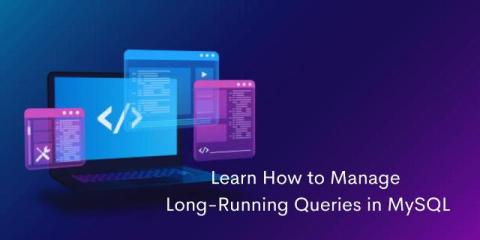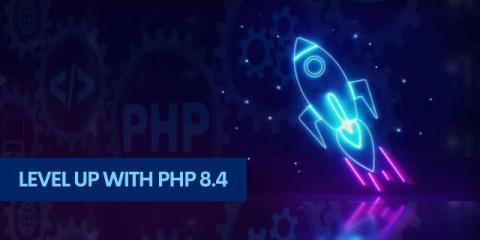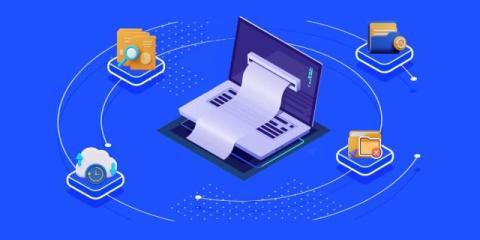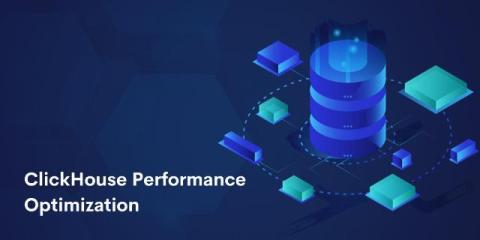Availability vs. Reliability in Software Design: Understanding the Key Differences
Availability and reliability are two essential concepts in system design, but they are not the same. Availability refers to how often a system is up and running, accessible for use. In contrast, reliability measures how consistently the system performs without failure over time. Both are important, but they focus on different aspects of a system's performance.



